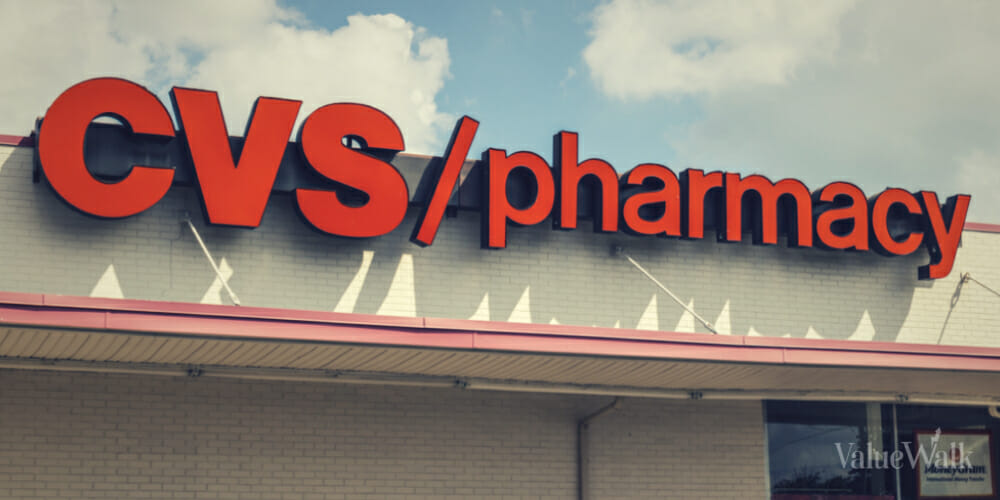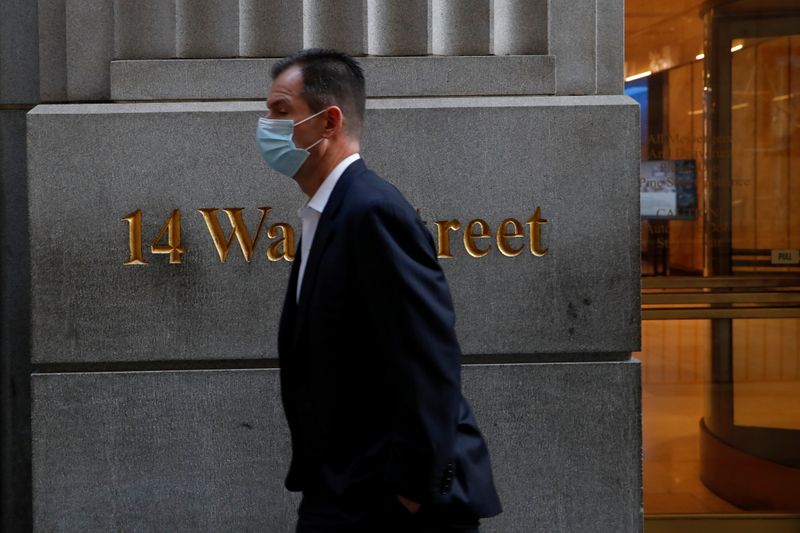CVS Stock Craters on Massive Healthcare Costs

CVS Health Corp. (NYSE:CVS) is more than just a retail pharmacy chain. The company also has a health insurance division that offers Medicare Advantage plans. That part of CVS’ business had such a significant impact on its earnings results that investors were alarmed and fearful.
Contrarian investors typically buy CVS stock at cheap prices out of fear. But with the stock down 17% midday Wednesday, even hard-nosed opponents might wonder whether CVS’s health care business will recover any time soon.
CVS is confident, but investors are not.
Although intended to reassure nervous investors, the CVS Health CEO’s statement provides clues about the dire state of the company’s healthcare business. This also suggests that the American health care system may not be ideal, to put it politely.
“The current environment does not diminish our company’s opportunity, passion or long-term profitable ability,” Karen S. Lynch, CVS Health president and CEO, said in the company’s first quarter press release. She said, “We are confident that we have a path forward to resolve the short-term Medicare Advantage issues.”
At least to me, this sounds more like damage control than real confidence. The sharp decline in CVS stock on Wednesday supports claims that the company’s healthcare division is not doing well.
The pharmacy chain operator acknowledged a “decrease in operating results in the Medical Benefits segment, reflecting pressures on utilization of the company’s Medicare business.” That’s a fancy way of saying that Medicare members are using more of their health care benefits, impacting their overall financial results.
Looking at the numbers, adjusted operating profit for CVS’s Care Benefits segment plummeted from $1.824 billion in the first quarter of 2023 to $732 million in the first quarter of 2024. This is a 59.87% decline, so it’s understandable if investors are where they are. Shock and alarm.
Again, this says a lot about the American health care system and may deter some people from investing in it. any Healthcare stocks. Nonetheless, CVS reported first-quarter 2024 sales of $88.4 billion, up 3.7% from the previous year.
This may sound like an acceptable outcome, but analysts’ consensus estimates were calling for quarterly revenue of $89.3 billion. Moreover, CVS posted adjusted/non-GAAP earnings of $1.31 per share, a far cry from Wall Street’s consensus forecast of $1.69 per share.
Looking for a “path” to recovery
Lynch reiterated his confidence that CVS has a “pathway to solving” its Medicare-related issues. On the other hand, the company’s future guidance does not appear to reflect the CEO’s optimism.
In its quarterly press release, CVS lowered its 2024 full-year adjusted EPS outlook from “at least $8.30” to “at least $7.” The company also reduced its 2024 operating cash flow outlook from “at least $12 billion” to “at least $10.5 billion.”
This annual guidance cut may have had a bigger impact on Wall Street than the quarterly results. For example, Mizuho strategist Jared Holz told investors in an email that “I didn’t even believe the CVS numbers when they were released.”
Leerink Partners analyst Michael Cherny also expressed surprise, writing that CVS’ revenue guidance reduction was “much more significant” (his emphasis, not mine) than expected. So some financial experts may still need confidence that CVS can successfully navigate its “path” to recovery in the coming quarters.
This is where it gets interesting. CVS has a long track record of beating quarterly EPS. The first quarter ends that record, but it’s just a bad quarter. A good company can be forgiven for having a bad quarter. Yes?
Those looking for a bargain should definitely consider CVS’s valuation. Using my old calculator, I determined that CVS’s EPS for the last four quarters would be $2.21 + $2.21 + $2.12 + $1.31, which would be $7.85 per share. So, at a stock price of $56, CVS’s trailing 12-month price-to-earnings (P/E) ratio would be 56/7.85, or 7.13.
Meanwhile, the median trailing 12-month P/E ratio for the industry is approximately 33x from a GAAP perspective and 18-19x from a non-GAAP perspective. Either way, CVS appears to be fairly reasonably valued right now. The company also offers an annual dividend yield of 3.68%, which easily exceeds the healthcare sector average.
Ultimately, this is a question of whether we expect Medicare spending to normalize. Of course, that’s not something CVS has control over. This is a difficult decision across the board, and only the most optimistic deep value and passive income investors should consider risking their financial health on CVS at this time.



